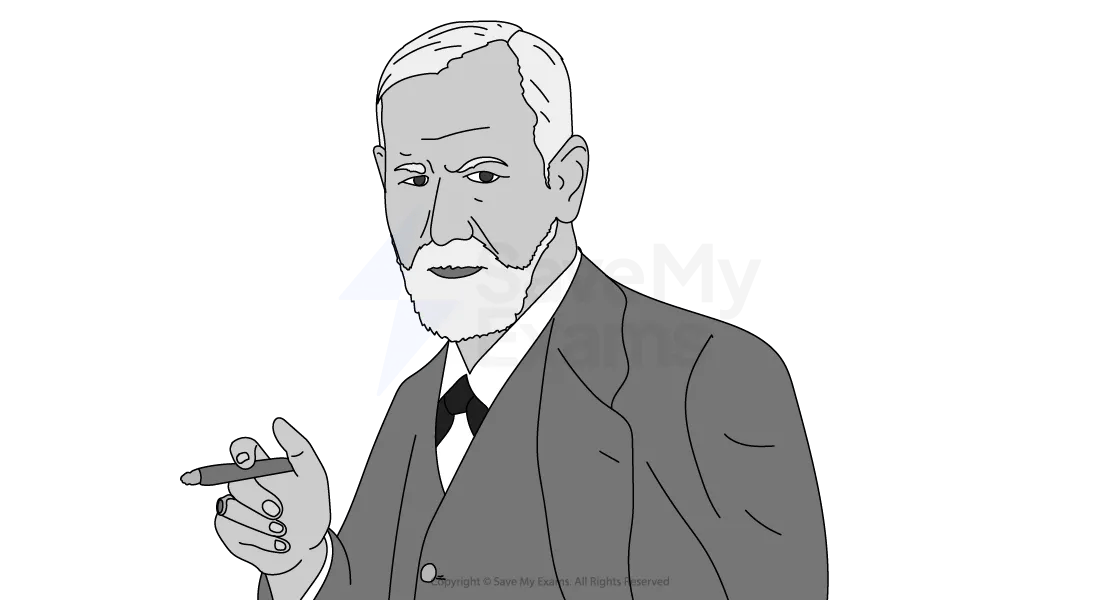Research investigating the psychodynamic explanation of gender
- Freud (1909) conducted a case study into the five year-old son of a friend who had a fear of horses which Freud interpreted as a fear of castration by his father for desiring his mother, thus supporting the Oedipus complex as an explanation of gender
- Wiszewska et al. (2007) found that women who had been well treated by and had close relationships with their fathers as children were attracted to men in pictures who resembled their fathers, supporting Freud’s idea of the Electra complex
Evaluation of the psychodynamic explanation of gender
Strengths
- Freud’s psychoanalytic theory has generated research into gender development, such as that of Melanie Klein from the 1920s onwards
- The psychodynamic theory of gender helps to understand the strength of the unconscious mind in gender development and the mental health importance of early childhood experiences
Weaknesses
- Freud’s hypotheses are untestable and therefore the theory lacks scientific credibility
- The psychodynamic theory of gender development cannot explain how children in same-sex parent households or single-parent households resolve the Oedipus or Electra complex and adopt their gender identity
Link to Issues and Debates:
Focusing as it does on individual case studies, Freud’s theory of gender development might be assumed to be idiographic. However, it would be a mistake to use this side of the debate in an exam answer as Freud viewed his psychosexual stages as universal and generalisable to all children. This makes the theory nomothetic, even though he used idiographic methods.
Freud’s psychoanalytic theory is also androcentric as it takes male gender development as the norm, seeing the gender development of females as a deviant form.
Link to Approaches:
As stated, Freud’s psychoanalytic theory of gender development lies within the Psychodynamic Approach which explains human behaviour largely as a product of the unconscious mind. Humans are, according to this approach, motivated by innate drives or instincts.



